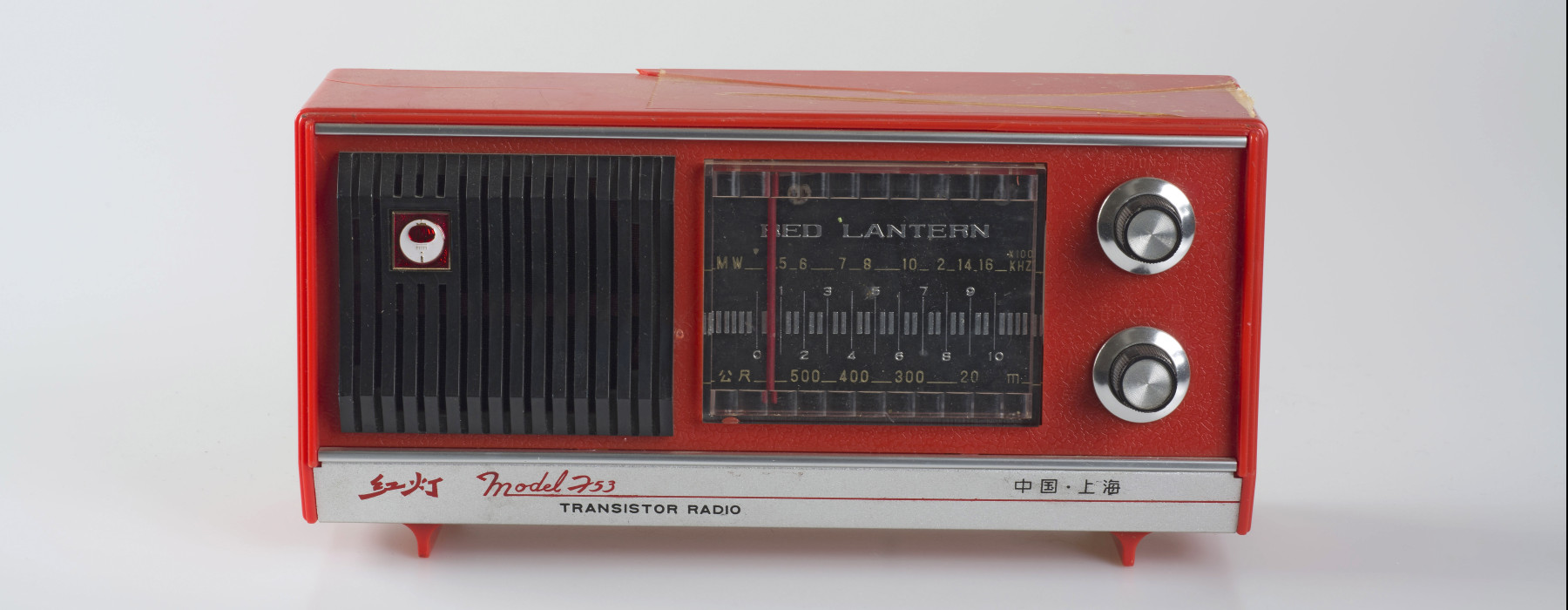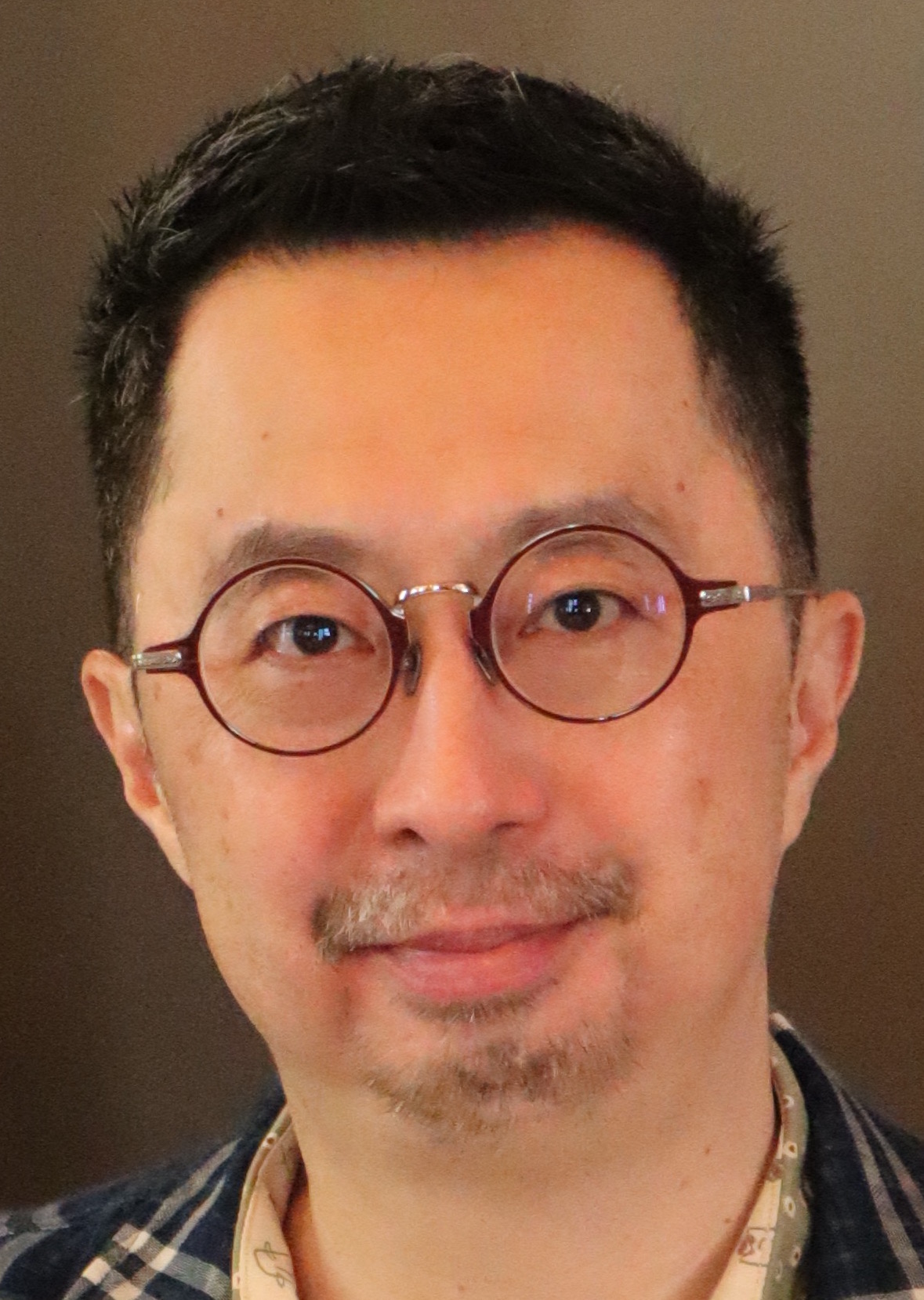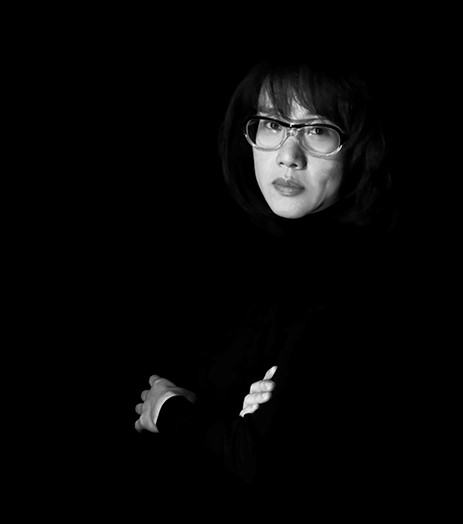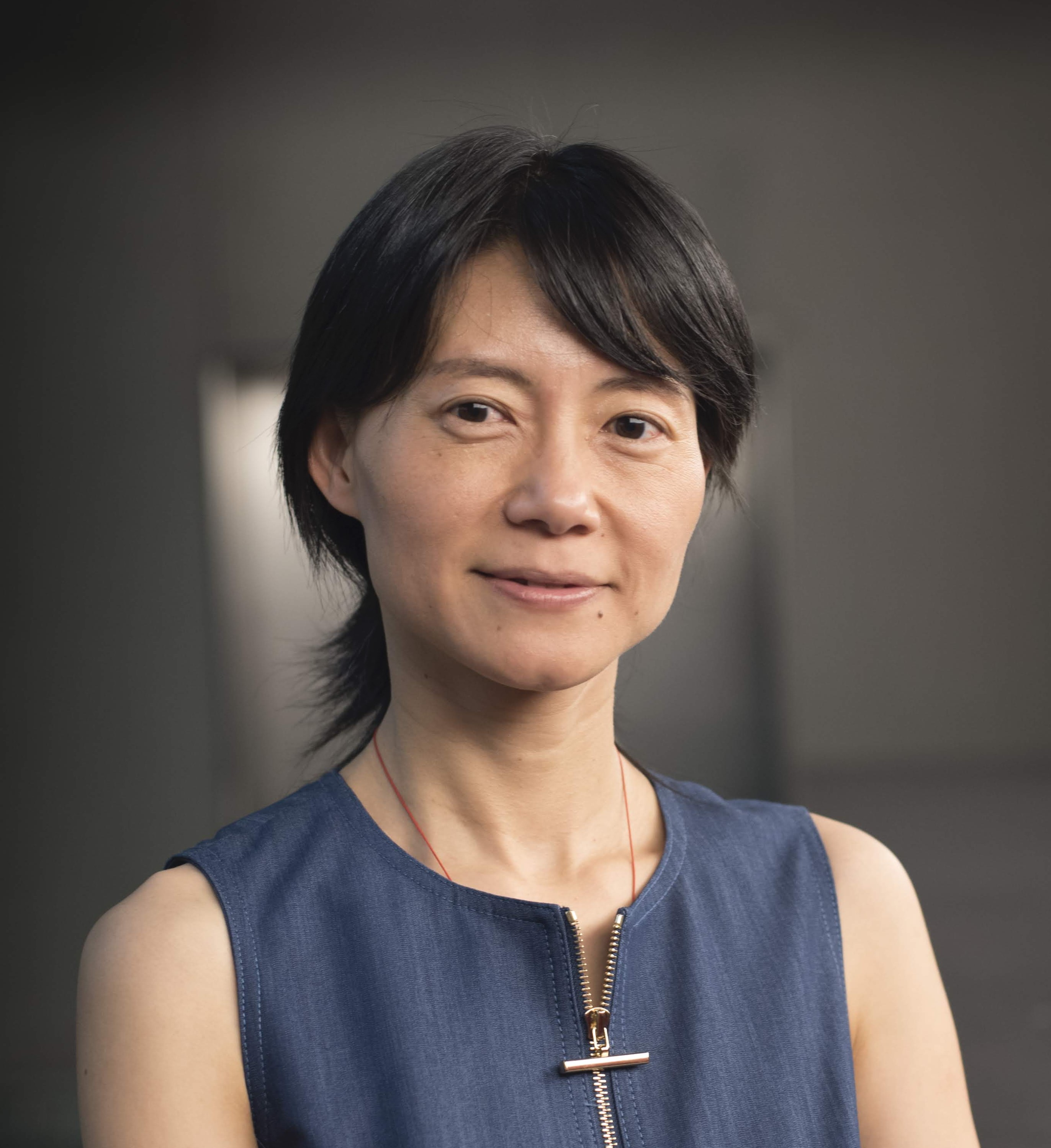
Taken literally, the connotations of Made in China are multiple: more prosaically and even offensively it invokes stereotypes and even micro- and macro-aggressions; and yet, the question of materiality is central to all connotations associated with the phrase Made in China. To consider the notion of multi-century making, of creation, of artistic practices, forces us to deeply think what it means to make, with “China” as place, as heritage, as idea, constantly informing how we engage and connect to each other.
As such the following questions come to mind, and part of these workshops is to invite critique of the present inquiry as well as encourage more questions, more provocations:
- Made in China, depending on its context, suggests: a concept, a practice, and/or stereotype. How do we engage the connections and discrepancies connoted by this phrase?
- As we consider this phrase, we want to ask if the phrase itself overdetermines, and therefore is useless? Or can we recover the term and fill it in with deliberations on concepts that reinvest it with value for our visitors?
- How can we fill in or imagine ways to recover the term from the bellicose ways in which so many in our European and North American public spheres use it?
- How might we determine if the term can work? What does Made in China as a term hold? What does it allow? What does it disallow?
- How might we honor histories of artisanry and the arts—such as calligraphy, ceramics, and textile work—while at the same time juxtaposing them to more present-day phenomena associated with making in, from, and alongside China as place, as idea? How do notions of faking and hacking link into deep histories and practices of art, artisanry, and their technological remediations?
- And who is the we, who thinks about China? What does it mean to think Chineseness, from Amsterdam, Bangalore, Hong Kong, Montréal, Shanghai, Singapore, Taipei, Taiwan, or Zanzibar? What does it mean to think “from China”? With the multiple classed, ethnicized, gendered, nationalized, and racialized positionalities of what it means “be Chinese”? How does a museum based in Amsterdam present Made in China to its visitors?


